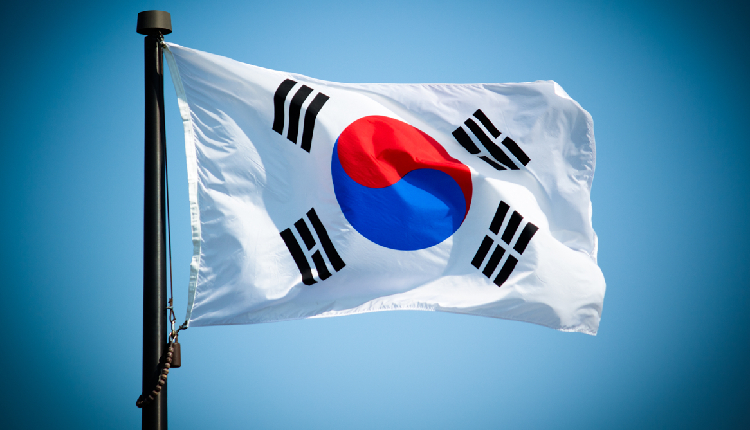South Korea’s political conflict is not expected to impact refiners’ ability to fulfil spot and term oil product supply agreements with customers in Asia and Oceania, according to refining industry sources on Wednesday.
However, the sources stated that the potential strikes by trade unions could lead to slight delays in the domestic retail fuel supply network.
President Yoon Suk Yeol declared martial law on the night of December 3, sparking intense political tensions. However, this conflict is purely political and does not affect the economy.
Local politics have no impact on refinery operations in South Korea, as the country’s major refiners are privately owned, feedstock managers and middle distillate marketers at three South Korean refiners confirmed this.
Yoon declared martial law at 11 pm local time on Dec. 3, but it was short-lived. 190 out of 300 members of parliament gathered at the National Assembly and voted to reject military rule.
The martial law only lasted a few hours as lawmakers unanimously rejected the decree, with opposition members vowing to proceed with the president’s impeachment.
Domestic political tensions may impact local markets briefly, but they do not affect South Korea’s refining industry. Buyers of South Korea’s fuel can rest assured that their supplies are secure, according to clean product sales executives and marketing managers at two South Korean refiners.
South Korea, Asia’s largest net exporter of clean oil products, sold 346.05 million barrels of gasoline, gasoil, and jet fuel combined in the first 10 months of 2024, marking a 7.8 per cent increase from the previous year.
The country is the third largest crude importer in Asia, with a refining capacity of approximately 3.4 million b/d. The country’s four major refiners, SK Energy, GS Caltex, S-Oil, and Hyundai Oilbank, export about 40 per cent of the oil products they produce.
Attribution: S&P Global report
Subediting: Y.Yasser



